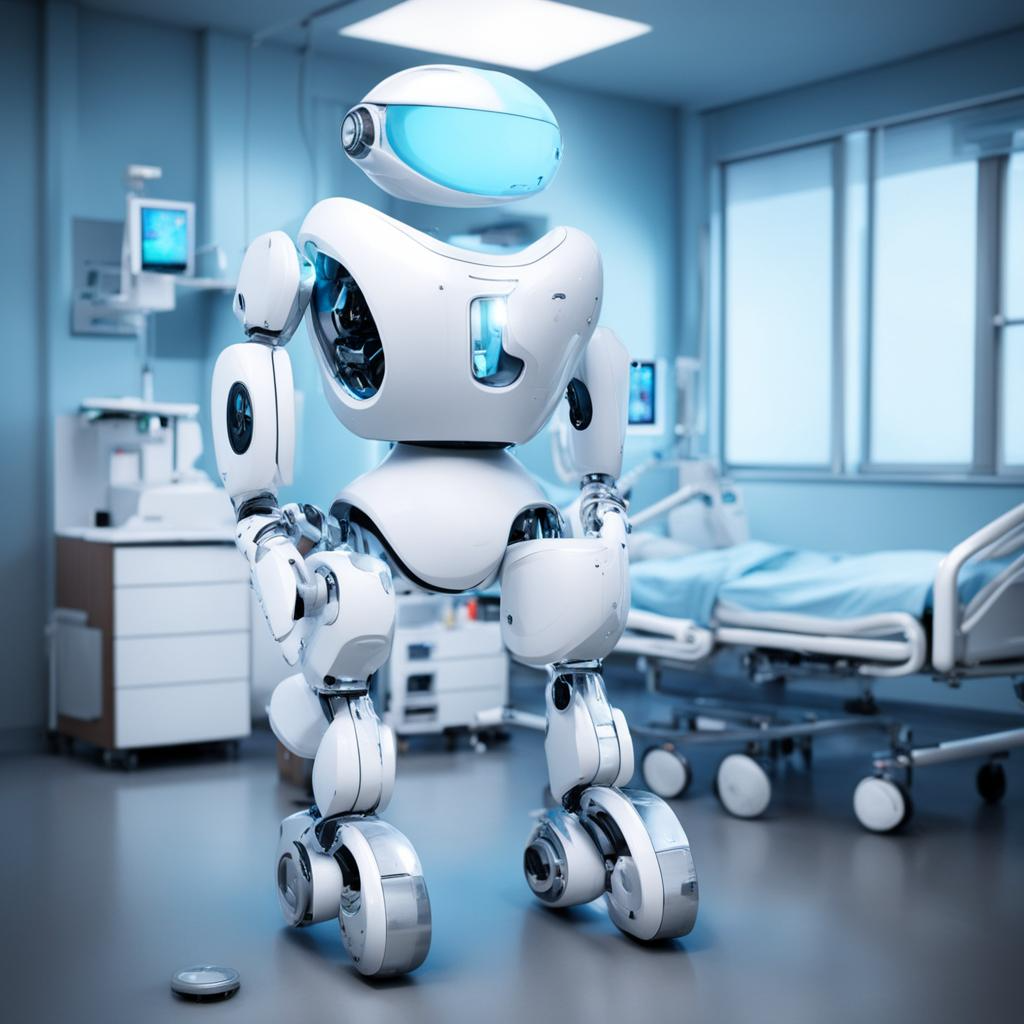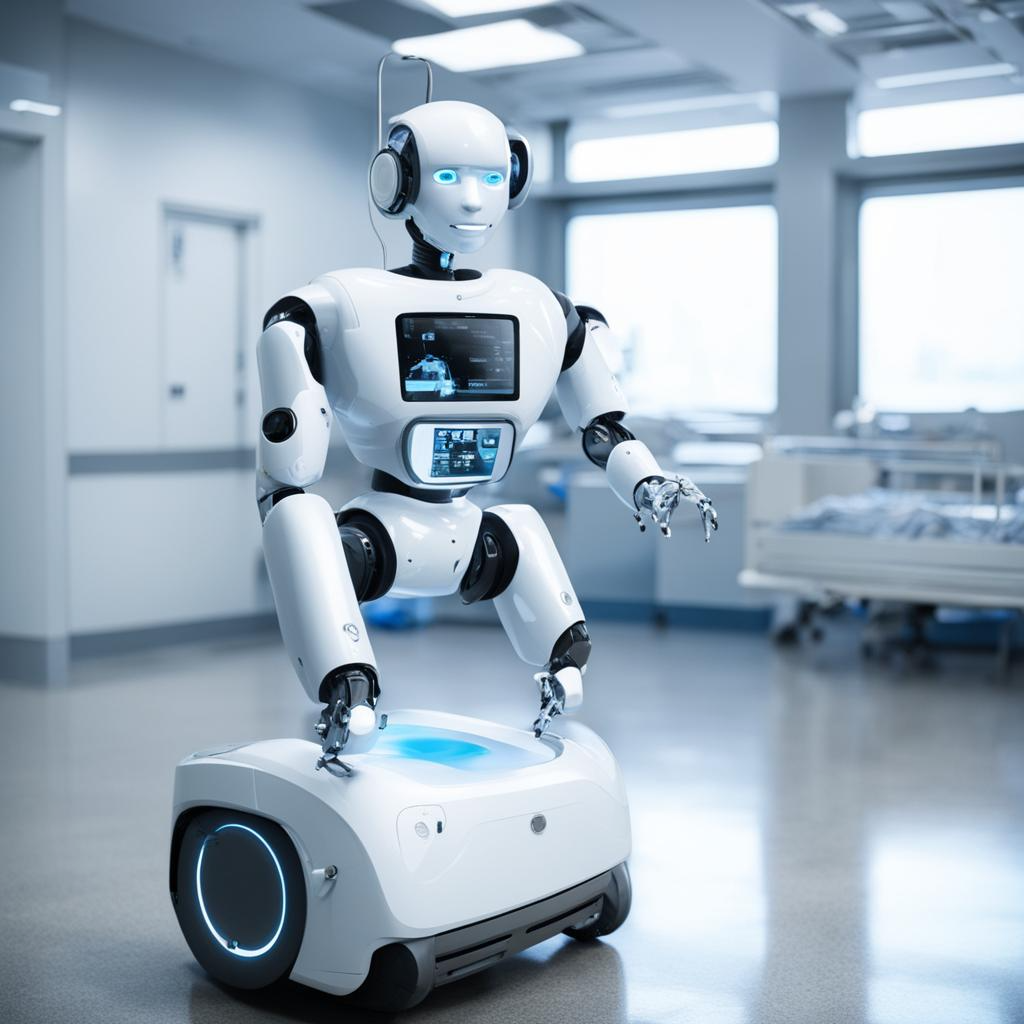
Medical robots are a crucial component of modern healthcare, making significant contributions to diagnosis, treatment, and patient care. Through the integration of advanced technologies, artificial intelligence, and mechatronics, these robots empower medical professionals to perform more precise and efficient interventions.
One key area of application for medical robots is surgery. Surgical robots provide surgeons with the capability to perform complex operations with high precision and minimal trauma to the patient. A robotic surgeon can be employed in laparoscopy, where its manipulators can navigate tight spaces and provide high-detail execution of the procedure.
Another vital area is diagnostics and imaging. Medical robots aid in conducting precise and timely examinations. Robotic imaging systems allow for high-quality imaging, enabling the timely detection of pathologies.
Furthermore, medical robots can be utilized to provide patient support and create individualized treatment plans. Assistive robots can aid in rehabilitation, deliver physical therapy, and monitor adherence to physicians’ recommendations.
In light of recent events, medical robots have also proven invaluable in treating airborne-transmitted diseases, providing safe isolation between medical staff and patients.
Medical robots are introducing technological innovations into the healthcare sector, making them a crucial element in modern medicine.
